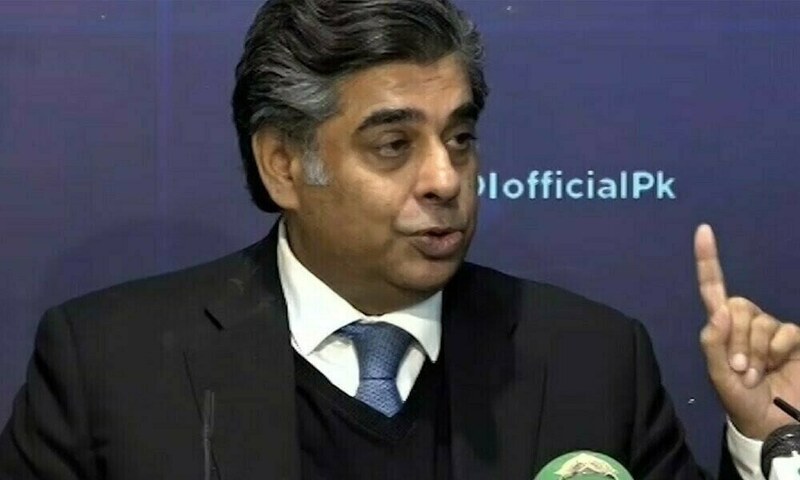ISLAMABAD: A think tank on Wednesday warned that Pakistan’s mounting tax burden is driving the economy towards collapse, accusing the government of imposing unrealistic tax expectations and penalizing honest taxpayers instead of broadening the tax base.
In a report, Chairman Economic Policy & Business Development Think Tank Dr Gohar Ejaz said the government’s commitment to raise the Tax-to-GDP ratio to 18 percent by 2028 risks suffocating economic activity, arguing that the country’s fragile economy cannot bear aggressive and punitive taxation.
“Heavy taxes are a recipe for economic destruction. The government claims no new taxes are being imposed, but the burden on taxpayers is increasing sharply,” he said.
He noted that despite government promises, salaried individuals and businesses have been subjected to extraordinary tax hikes over recent years, calling the policy unjust and counterproductive.
According to the report titled “Pakistan Placing Crippling Tax Burden on People & Businesses” published by EPBD, tax collections from business groups surged by 131 percent in three years, rising from Rs 2.2 trillion to Rs 5.3 trillion, while tax deductions from salaried employees jumped 206 percent, from Rs 188 billion to Rs 575 billion.
The report comes as economic stakeholders intensify warnings that Pakistan’s aggressive taxation drive, under IMF-backed reforms, risks stifling investment, eroding purchasing power, and hampering growth if not balanced with structural reforms and governance improvements.
“Salaried and business communities have been crushed. Unrealistic demands are being placed on a weak economy,” Gohar asserted.
He accused the Federal Board of Revenue (FBR) of misrepresenting Pakistan’s Tax-to-GDP ratio, deliberately declaring it around 10 percent while ignoring petroleum levy collections and provincial tax revenues. He claimed the actual ratio has already reached 12.2 percent.
The EPBD report states petroleum levy receipts surged 760 percent in three years, from Rs 135 billion to Rs 1.16 trillion, reflecting what Gohar described as “undisclosed taxation through fuel.”
“Misleading Tax-to-GDP claims signal the government’s intent to squeeze existing taxpayers further. The FBR is hiding behind false numbers instead of bringing untaxed sectors into the net,” he said.
Gohar stressed that while Pakistan’s GDP has grown below 4 percent, tax revenue has been rising 20–30 percent annually, creating a dangerous imbalance that is damaging business confidence, fueling informality, and pushing foreign investors away.
“Unrealistic tax targets are destroying business activity. The informal economy is expanding, and investors are leaving Pakistan,” he warned.
He urged authorities to shift away from punitive policies and instead focus on growth-led taxation, arguing that economic revival is impossible without easing the burden on compliant taxpayers.
“Stop punishing taxpayers. Reduce taxes to stimulate growth. Heavy taxation has broken the back of the salaried class and business community,” he said.
Calling for a fair and balanced tax strategy, Gohar said future reforms must prioritize expanding the tax net, reducing reliance on indirect levies, and supporting investment rather than discouraging it.
Gohar expressed his strong opinion that maximum tax rate should be reduced to 20 percent for all classes of taxpayers. We must broaden the tax net and ensure that no exemptions or sacred cows remain in the system.
Copyright Business Recorder, 2025


